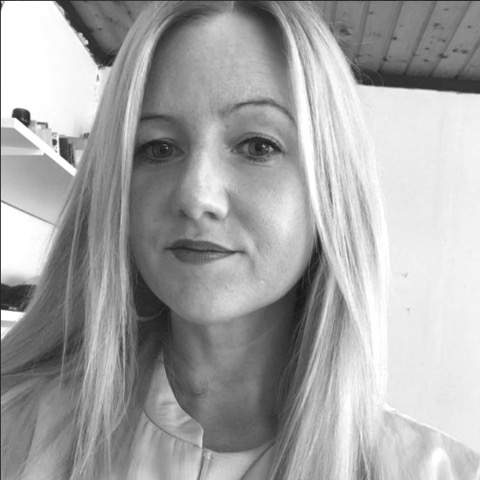1. Tell us a bit about yourself and your focus areas, overall and within FinTech.
I got excited by Fintech, P2P community banking and in particular alternative Cryptocurrencies as a result of the financial crisis and started working for Fidor Bank in 2011, the first FinTech Company back then. At this time, I also got introduced to the new term API-banking and could imagine the wide range of opportunities. After spending 2 years leading the technical evangelism team at Microsoft I joined one of the largest utility companies in Europe: innogy SE. Already in the year 2016 they started doing business model innovation with blockchain as they understood that the grid is the most critical infrastructure and that there was also a logical correlation between energy, hashing power and new cryptocurrencies (Proof of Work). Since 2017 I’m leading the blockchain innovation / investment program aka “Machine-Economy” of the innogy Innovation Hub. In order to shape and accelerate a fully automated energy system where mega trends like mobility, crypto-currencies (money that is native to the Internet), IoT and Energy converge we invest in the new internet, the Web 3 technology stack. So far we did 9 blockchain investments, Fractal Ventures, BigchainDB, XTECH, Neufund, Cryptowerk, Solidified, EWF as external investments and two Corporate spin-offs (Share & Charge and Conjoule).
2. What opportunities or challenges are FinTechs creating for European Financial Institutions?
In the future 4times more transactions will occur between machines then humans. With the advent of the fourth industrial revolution, blockchain and AI we will see a new customer group arising: Autonomous Machines that engage with other smart agents in a fully automated and independent way. and new M2M financing instruments. Combining trustless protocols, new identity solutions (Know your machines, shared registry of all IoT devices ) and real-time M2M-payments we will observe the rise of a new Machine Economy where agents will exchange value, buy and trade “things” (for example in the supply chain) without any humans being involved. This will require a new mindset with regards to IOT payment networks, clearing and settlement, regulatory framework, asset financing, rating systems and credit defaults. Surprisingly, the IOT space is not yet on the radar of big German banks.
3. What do you think about the incumbents’ response so far?
Most banks leave it to the industry to think about Industry 4.0 in terms of Business Development. At least there is an opening towards crypto currencies (Bitcoin as digital gold) and tokenization of digital and physical assets (Security Tokens, Equity Tokens). It seems to be understood that back office costs can be reduced by DLT and that the tokenization of illiquid assets (Ownership transfer of real estate, wind parks ect…) will lead to new investment opportunities.
4. Which way do you see the sector going and who would be the likely winners?
The ones that go beyond typical FinTech investments and try to become a Sector Disruptor. The ones that don’t just seek to fund and mentor incremental change, but want to create and entire new banking system through identifying disruptive technologies, services and business models across industries like IoT.
5. What’s on your bookshelf/holiday reading list?
Der Draghi-Crash: Warum uns die entfesselte Geldpolitik in die finanzielle Katastrophe führt | Markus Krall

